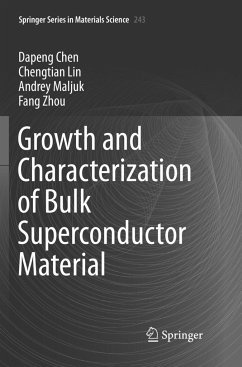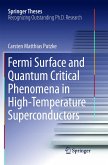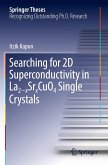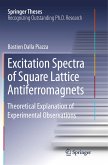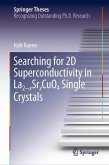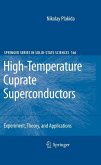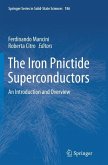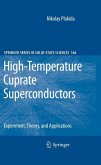This book focuses on recently developed crystal growth techniques to grow large and high quality superconducting single crystals. The techniques applied are traveling solvent floating zone (TSFZ) with infrared image furnace, Bridgeman, solution/flux and top seeded solution growth (TSSG) methods. The materials range from cuprates, cobaltates to pnictides including La2CuO4-based (LCO), YBa2Cu3O7-d (YBCO), Bi2Sr2Can-1CunO2n+4+d (n=1,2,3) (BSCCO) to NaxCoO2. The modified Bridgman "cold finger" method is devoted to the pnictide system with the best quality (transition width DTc~0.5 K) with highest Tc~38.5 K of Ba0.68K0.32Fe2A2. The book presents various iron-based superconductors with different structures, such as 1111, 122, 111, 11 and 42622,10-3-8. Detailed single crystal growth methods (fluxes, Bridgman, floating zone), the associated procedures and their impact to crystal size and quality are presented. The book also describes the influence of doping on the structure and the electric, magnetic, and superconducting properties of these compounds in a comparative study of different growth methods. It describes particularly under-, optimal and over-doped with oxygen cuprates (LCO, YBCO and BSCCO) and hole/electron/isovalently doped parent compounds AFe2As2 (A = Ba, Sr, Ca) (122), chalcogenides AxFe2-ySe2(A = K, Rb, Cs) (122), and Fe1-dTe1-xSex (11). A review of the current growth technologies and future growth efforts handling volatile and poisonous components are also presented.
Bitte wählen Sie Ihr Anliegen aus.
Rechnungen
Retourenschein anfordern
Bestellstatus
Storno

